It was former Chancellor Denis Healey who famously compared debating with his then Conservative shadow Geoffrey Howe to being savaged by a dead sheep.
Supermarket bosses know the experience now for themselves, having been “grilled” by members of the cross-party Business and Trade Committee today on their efforts to protect consumers from all-too-persistent food inflation.
Events left the overwhelming impression their time would have been far better spent stocking a few shelves.
However retailers, who were easily able to palm off MPs on the committee with their carefully rehearsed responses, will be somewhat more apprehensive about what is to come next week, courtesy of the CMA’s probe into supermarket competition.
Following various political parties’ accusations of supermarket “profiteering”, the CMA’s report is proving harder to predict than many thought when it was first announced in May, even if the political motivation (to be seen to be doing something) is still just as clear.
The government may have since rowed back furiously on its threat to cap food prices, but the CMA’s probe, announced a day before Rishi Sunak’s recent summit with industry leaders at Downing Street, has become a bit like unleashing the hunting dogs and then trying to get them to come back with a polite whistle.
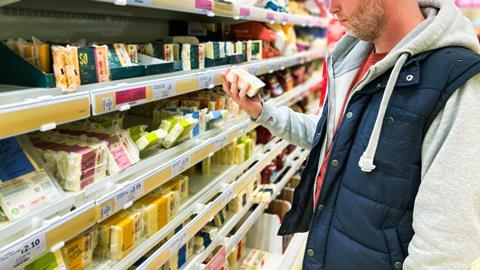
Fuel price probe accuses supermarkets of underhand tactics
The Grocer understands CMA investigators have been gathering large amounts of evidence from retailers as well as suppliers, trade bodies and others in the supply chain, ahead of the initial report due out next week.
While there has been a strong defence of the competitiveness of the sector, including from the supermarkets themselves today, its dossier is understood to include far less complimentary material.
Much of the focus when it comes to the groceries sector is likely to echo its ongoing probe into fuel prices. This has already accused supermarkets of “rocket and feather” tactics, which saw drivers face record pump prices as oil prices shot up but much more gradual decreases as they went into reverse.
“Putting up [prices] by 20%-30% on some products because of pressure from manufacturers and [saying you have] ‘no choice’ before recording whopping great profits is a bit like the energy companies isn’t it?” says one source. “Poor form.”
“While accusing supermarkets of fixing prices might raise a few eyebrows, it’s a view, if not a first-hand experience, that may have made it to the CMA from certain suppliers and wholesaler quarters”
Certainly MPs on the committee today were at their most animated and the supermarket bosses at their most uncomfortable when it came to the dividends being paid out to shareholders and executives (while Britain remains mired in the cost of living crisis).
With food inflation not falling anywhere near as fast as the Bank of England, or supermarkets, would like, the pressure remains on the CMA to be seen to be taking action.
Tom Smith, a former CMA director and now competition lawyer at Geradin Partners, who first predicted that probe in the pages of The Grocer, believes it to be being taken “very seriously” by his old employer but says it is a “political banana skin”.
“The CMA wants to be at the heart of the big consumer issues in the country,” he says. “But inflation isn’t their fault and there’s a limited amount the CMA can do about it, assuming they don’t uncover collusion or profiteering, so they risk looking weak and ponderous.
“They will try very hard to say something that sounds proactive.”
One fear of supermarkets, say sources, is that the CMA unearths what it regards as evidence of “price fixing” under the guise of “price matching”, a subject which, albeit fleetingly, did raise its head at today’s hearing.
MP Jane Hunt may have lasted less time than the average yoghurt in her role as business minister, but she posed one of the more interesting questions today when she asked whether the various supermarkets matching Aldi prices were in fact guilty of “pegging prices” rather than matching.
While accusing supermarkets of fixing prices might raise a few eyebrows, it’s a view, if not a first-hand experience, that may have made it to the CMA from certain suppliers and wholesaler quarters.
Tesco, Sainsbury’s, Asda and Morrisons all made a great play today of their competitiveness with Aldi, and it would be a bold move indeed for the CMA to question what has become a key weapon in competitiveness of a raft of supermarkets.
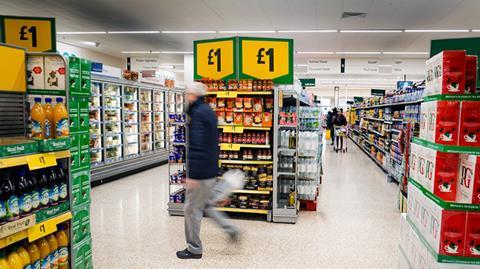
‘Supermarkets aren’t profiteering’
Smith thinks the CMA may even establish a new “task force” as it did in the pandemic, to look further into supermarket practices.
“An assessment by the CMA that confirms the supermarkets aren’t profiteering is actually a useful piece of analysis in itself, “ he adds. “It’s just that it doesn’t play very well in the media who would understandably ask what the CMA is doing to help families faced with soaring bills.”
“If the CMA turns up anything of interest, it will then have to go through a process of launching a formal investigation,” says Andrew Taylor, a former senior director at the Competition Commission and partner at Aldwych Partners. “This could be a more in-depth market study or, if something more serious was evidenced, an investigation into a potential breach of competition law.
“I can see why the CMA might be interested in the Aldi Price Match scheme. The question the CMA will be posing to itself is whether this scheme provides a vehicle for price co-ordination across the industry. That is, if a lot of the grocery retailers are price-matching against Aldi, then that provides the potential for informal behaviours that allow prices to increase and for competition to soften.”
Taylor suspects the report will focus on particular sectors where the supply chain is most concentrated in terms of suppliers, thus with “the greatest risk of prices being increased”.
Yet while today’s hearing was all too predictable, few would bet on its outcome and there is no question over what event will cost supermarket bosses the most sleep.







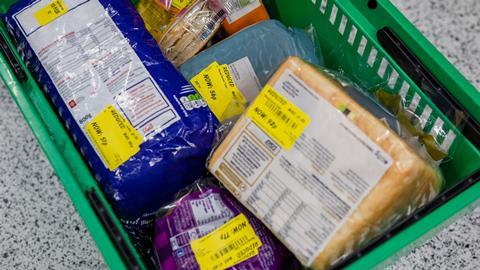
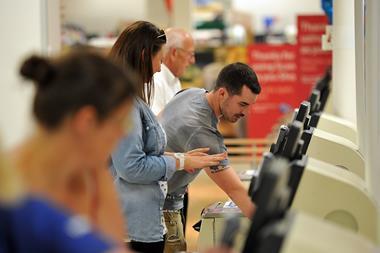
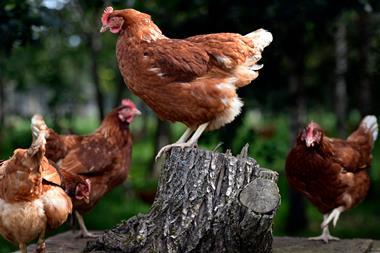
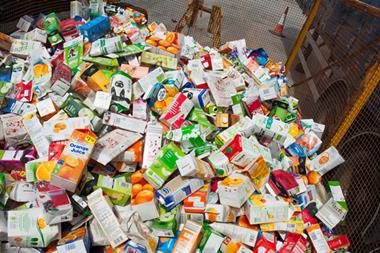

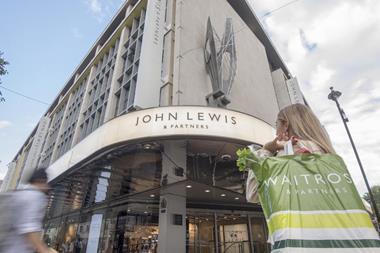







No comments yet